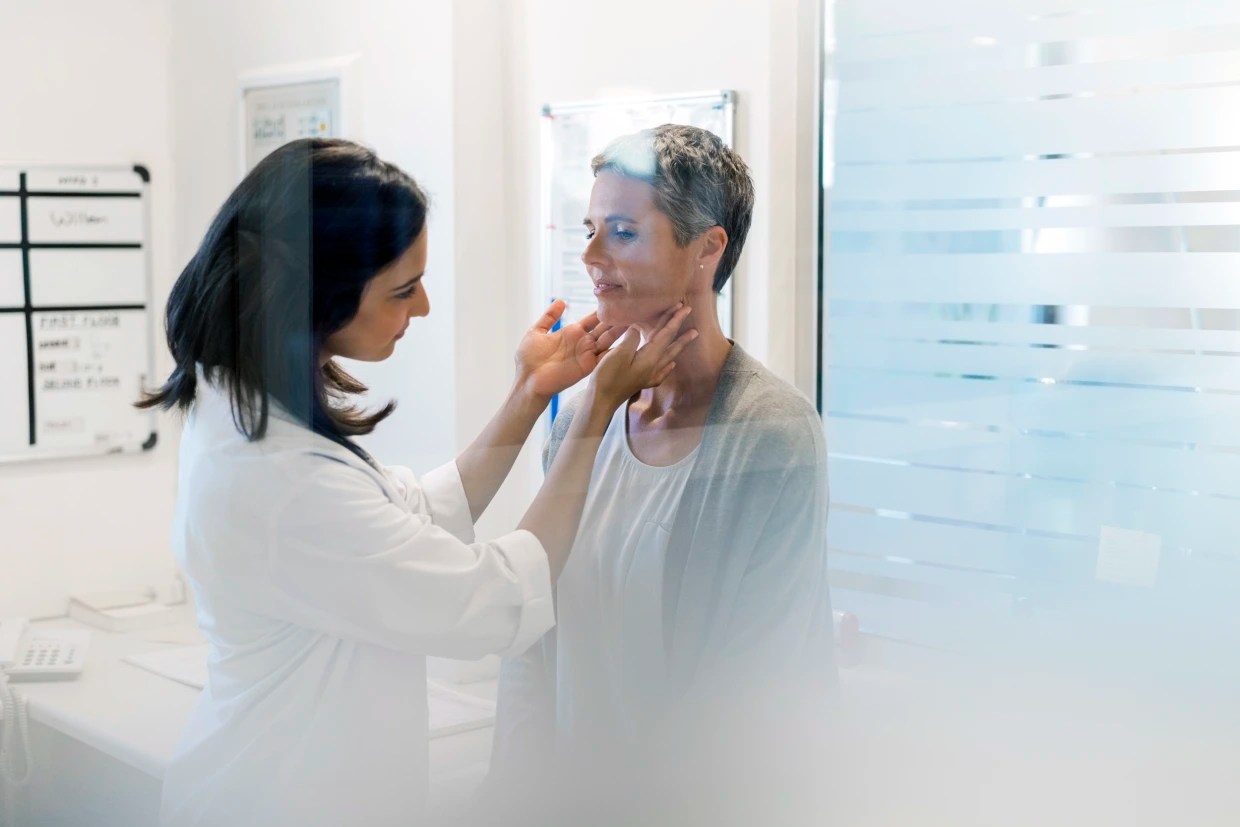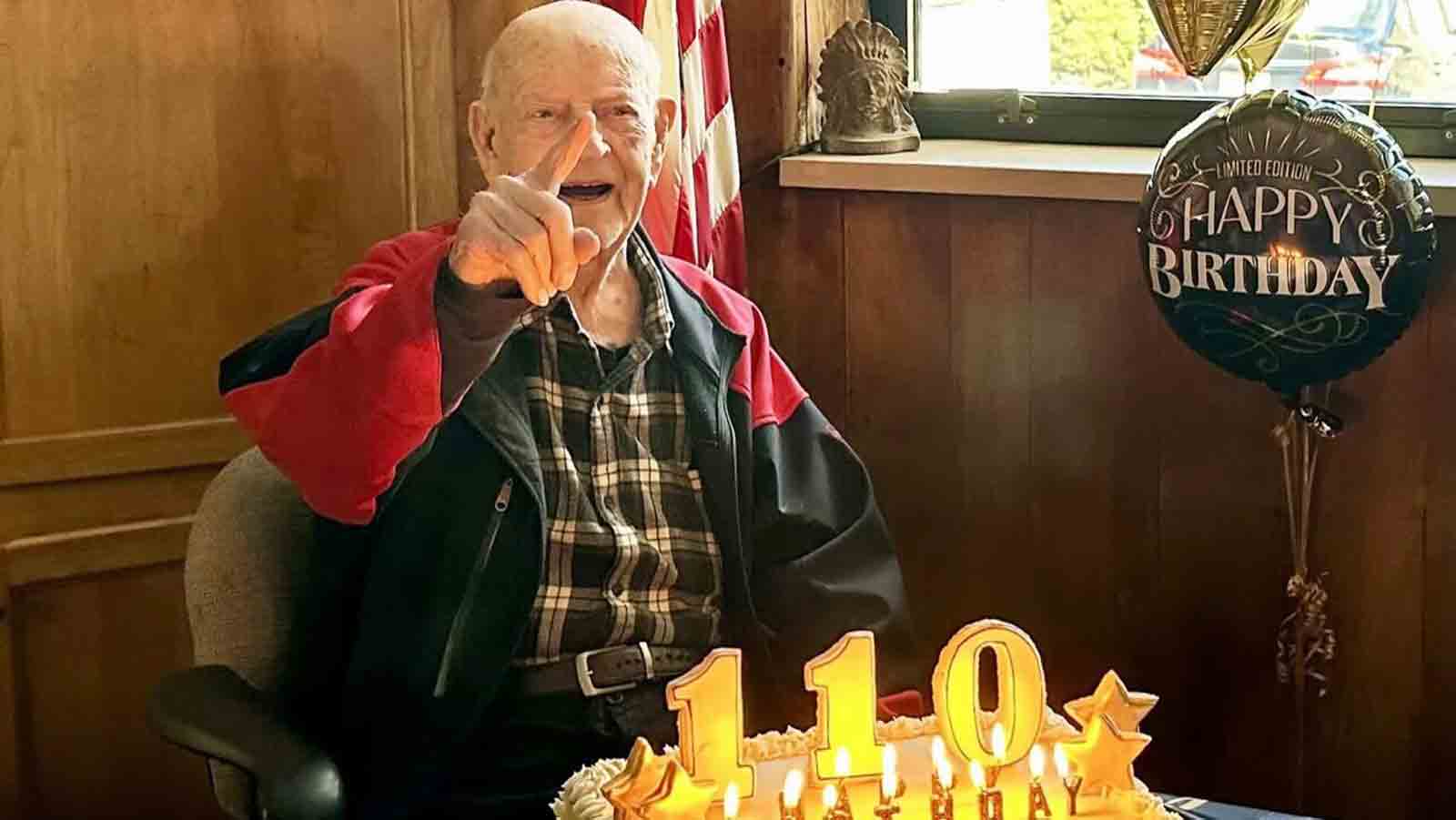In 1970, at the age of two and a half, Mark Dickey was diagnosed with Wilms' tumor, a form of cancer that affects the kidney. After surgery to remove his kidney, six weeks of radiation and a year of chemotherapy, he became the first child ever at St. Judes Children's Research Hospital to survive this once-fatal cancer.
"I was very fortunate and very blessed," says Dickey. "I was not expected to survive."
Dickey went on to graduate college, marry and raise a daughter, but at the age of 39, with his cancer experience far behind him, it is still a constant thought in his mind.
"I'd be kidding myself not to worry," he says. "It does hang like a cloud over your head."
The cloud Dickey refers to is the long-term health impact of the powerful treatments used to kill cancer cells. In fact, a new study shows that adults who survive childhood cancer have a 75 percent likelihood of developing a chronic health problem. These health problems include heart problems, kidney disease, osteoporosis, infertility and other forms of cancer.
Dr. Melissa Hudson, study author and the director of the Cancer Survivorship Division of St. Jude Children's Research Hospital emphasizes that the risk of a second form of cancer is generally uncommon. More commonly impacting cancer survivors, however, are "treatable, chronic conditions like hearing loss, cataracts and thyroid disease that are easily managed, but may be a nuisance."
Over the years, new drug developments have made fighting cancer easier and have given more and more hope to children and their parents facing a diagnosis of cancer. But because many treatments for cancer are relatively new, it is only recently that doctors have been able to see the long term effects of giving chemotherapy and radiation to young children.
Health
"The impact of cancer treatment when it is given to someone below the age of 20 is greater," says Hudson.
Cancer treatment may affect children more than adults because these strong treatments are being given at a time when the body is still developing, said Hudson. But the impact may also be caused by the latent, long-term effects of living for 50 or more years after treatment.
Of course, these findings, published in The New England Journal of Medicine, do not mean that children with cancer avoid life-saving treatment. Instead, after overcoming cancer, patients need to be extra vigilant about their health.
"Our findings underscore the need for adult survivors of childhood cancer to be followed on a regular basis by a health care provider who is familiar with their health risks," says Dr. Kevin Oeffinger, lead study author and director of the Memorial Sloan-Kettering Cancer Center.
Dickey has taken this advice to heart. He has continued to see doctors who are well informed of his cancer history. For new doctors who are not aware of his past, Dickey has a binder filled with his medical records, which he can use to educate his doctors about the treatments and drugs he took and at what doses.
"If you and your doctor don't have a full picture of your medical history," says Dickey. "It's like going into battle without all the bullets in your gun."
Hudson agrees with Dickey's strategy. "The most important thing is to learn about your diagnosis, and share this with your health-care provider," she says.
Based on your health risks, your doctor can monitor for the problems associated with cancer treatment and screen for them early. "It is important for survivors to realize that many of these chronic health problems can be diagnosed early and more easily treated or sometimes even prevented," says Oeffinger.
With a little education and foresight, "hopefully, we can all live long, full lives," says Dickey.



